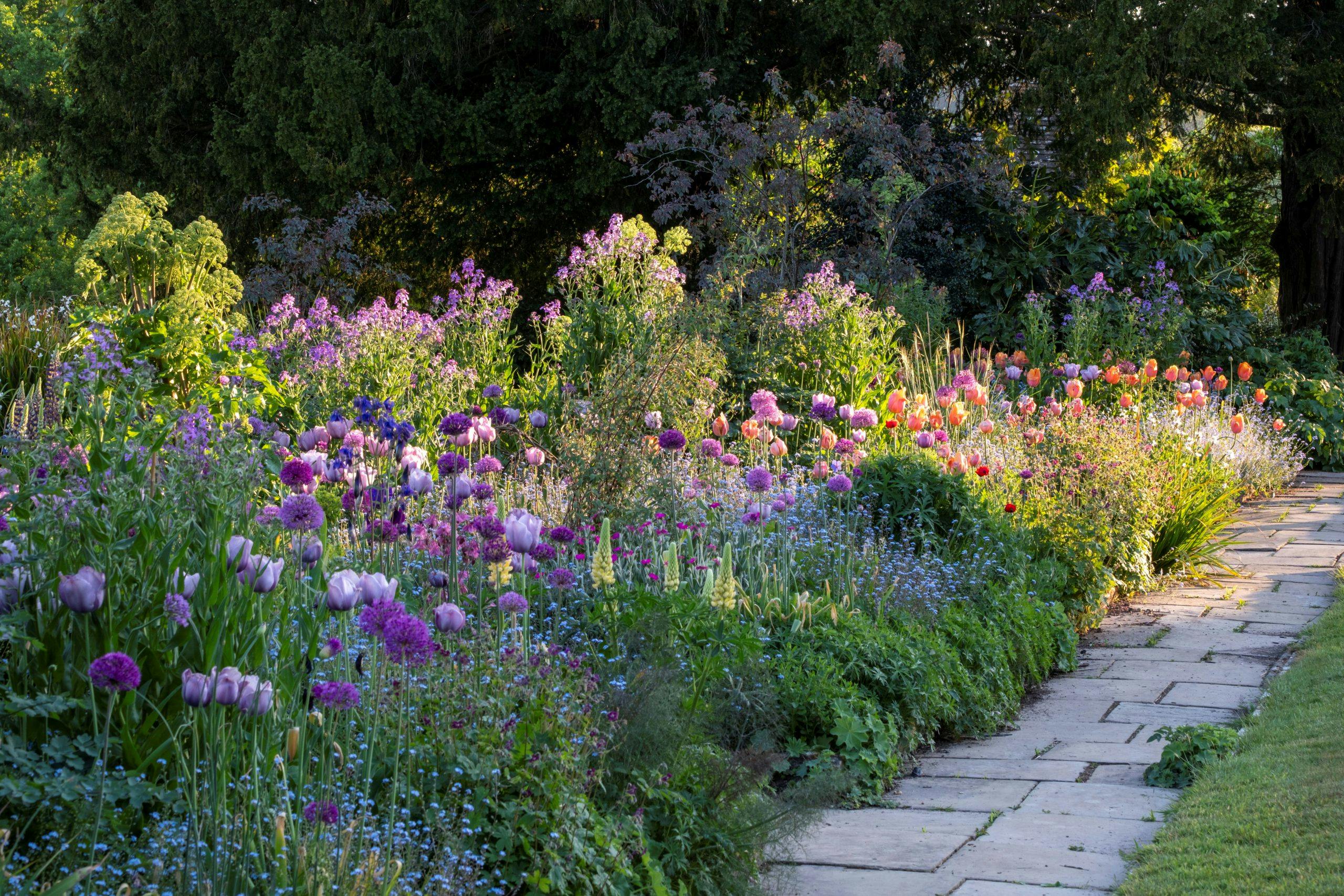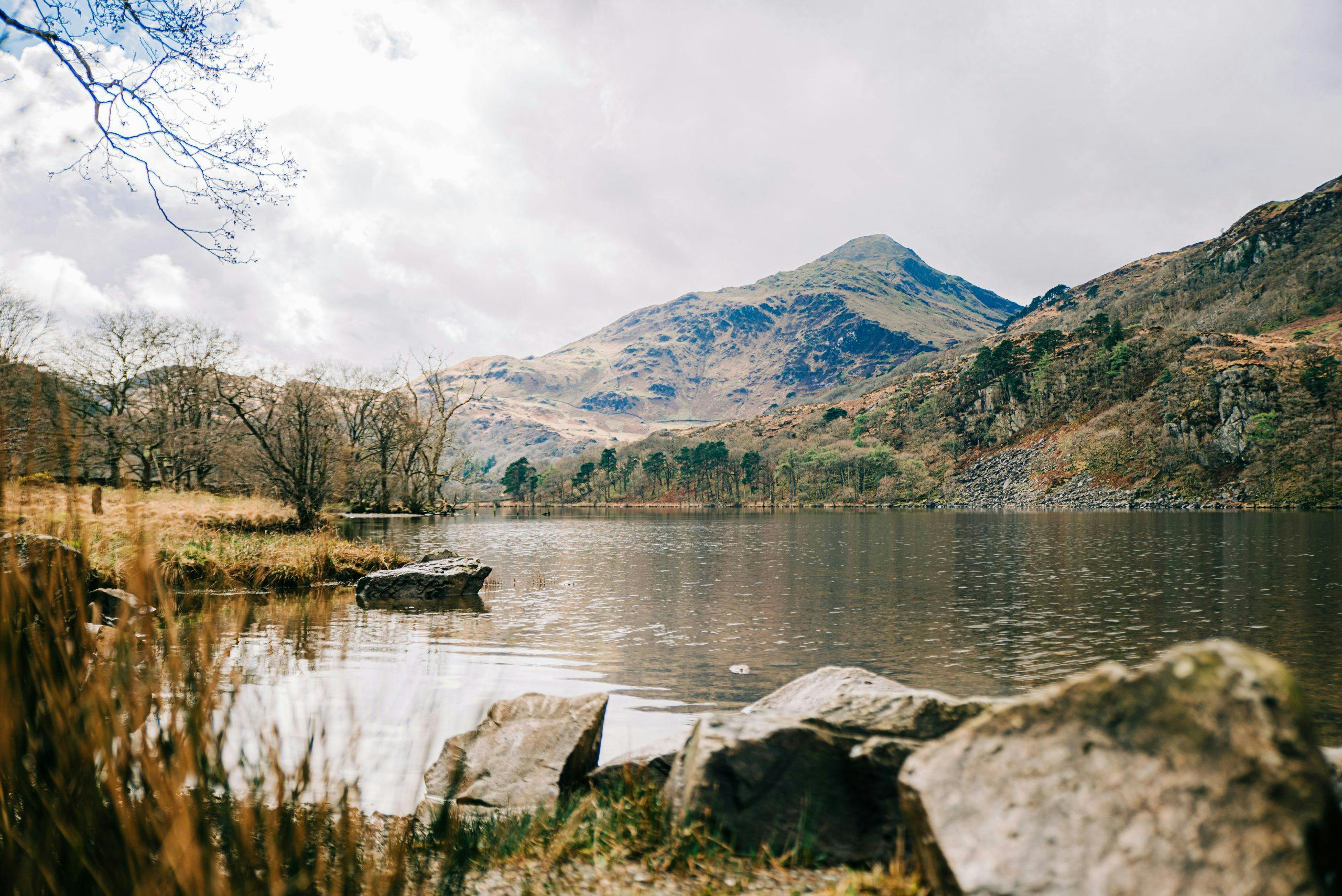Finders Keepers: PoB Hotels’ Top Tips for Foraging
3 February 2023
More people than ever are turning to wild food and foraging, indulging in a more seasonal and sustainable way of cooking and dining…
Once a practice reserved for the intrepid truffle hunters of France or only the most informed chefs and gardeners, foraging has grown in mainstream popularity over recent years as people seek new and novel ways to live a wilder and more sustainable lifestyle. Luckily, as long as it is for personal consumption and the species is not endangered, foraging is completely legal in the UK, and in both the countryside and the city, foragers are combing the land for delicious produce. While the practice involves some research into safe and sustainable picking, thankfully the rise in fairweather foragers has led to plenty of courses and guided walks being launched to help turn people from novices to pro pickers in no time, meaning you can easily make the most of some of the most prized treasures British land has to offer…
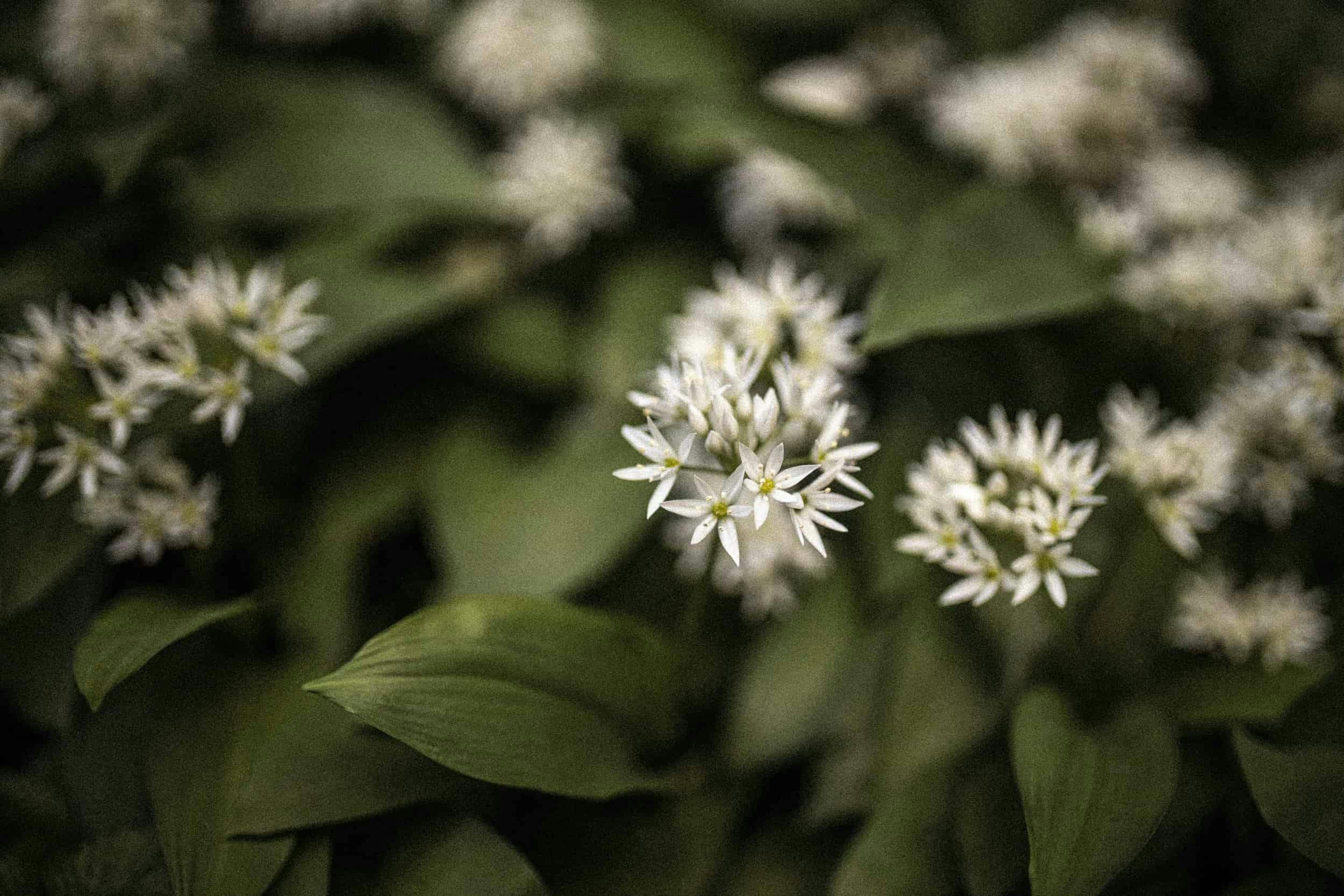
Wild Garlic
The cornerstone of any good meal, wild garlic has its own unmistakable scent that will add complex flavour profiles to any dish. Late winter through spring is the best time to forage, as wild garlic thrives in shady, damp conditions. The green pointed leaves and white flowers make this an easy to identify plant, and it can be found in woodlands throughout the UK. One of the best locations for wild garlic is Rampsholme Island in Cumbria - and nearby hotel Farlam Hall makes a point of foraging locally for ingredients for its menus and even some beverages.
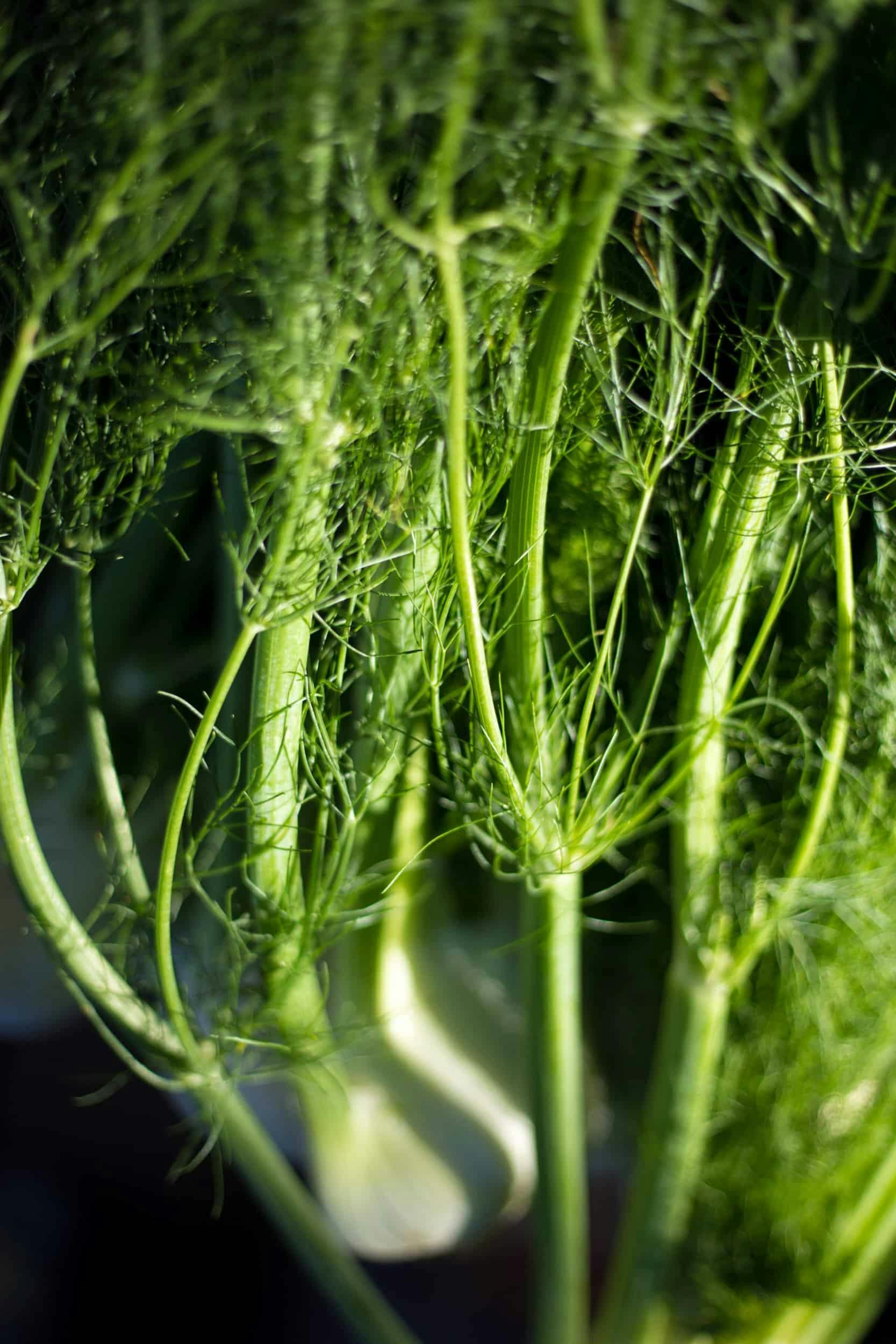
Fennel
So common that it is often considered a pest, wild fennel grows in fields and on roadsides, and is usually found along the coast. Identifiable by its tiny yellow flowers and distinctive smell, fennel is best to forage for eating from late spring through to early summer.
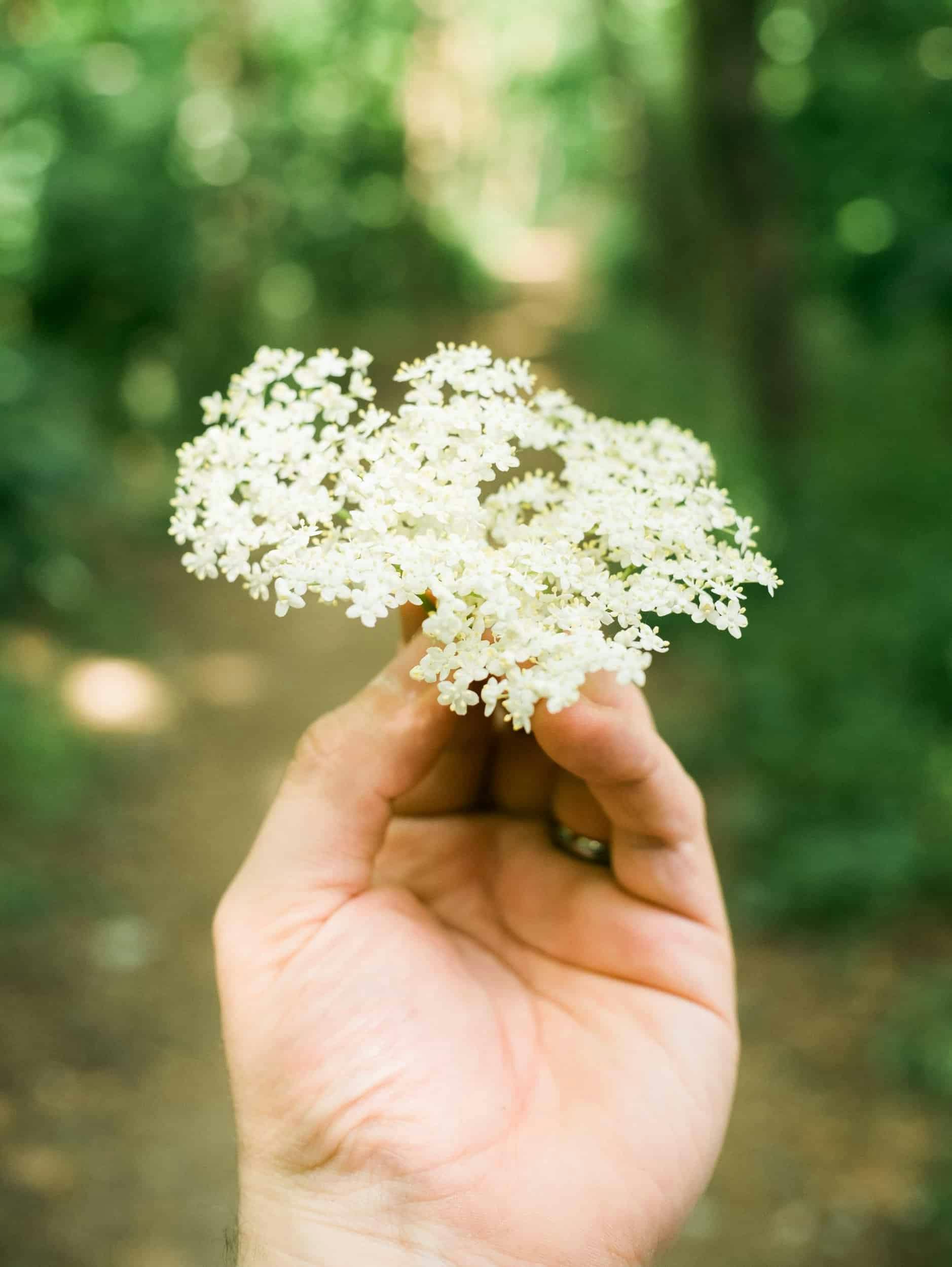
Elderflower
Fragrant and delicate, elderflower is plentiful in the UK from May until August, with June being the best time to collect it thanks to the flowers being freshest. Despite elderflower’s elegant reputation, elder trees, which the plant grows on, are actually very common in the UK in woods and on roadside hedgerows. For an elevated foraging experience, head to Cromlix hotel in Scotland, which offers a private guided tour in the wilds of Perthshire, tasting local food and gathering wild produce.
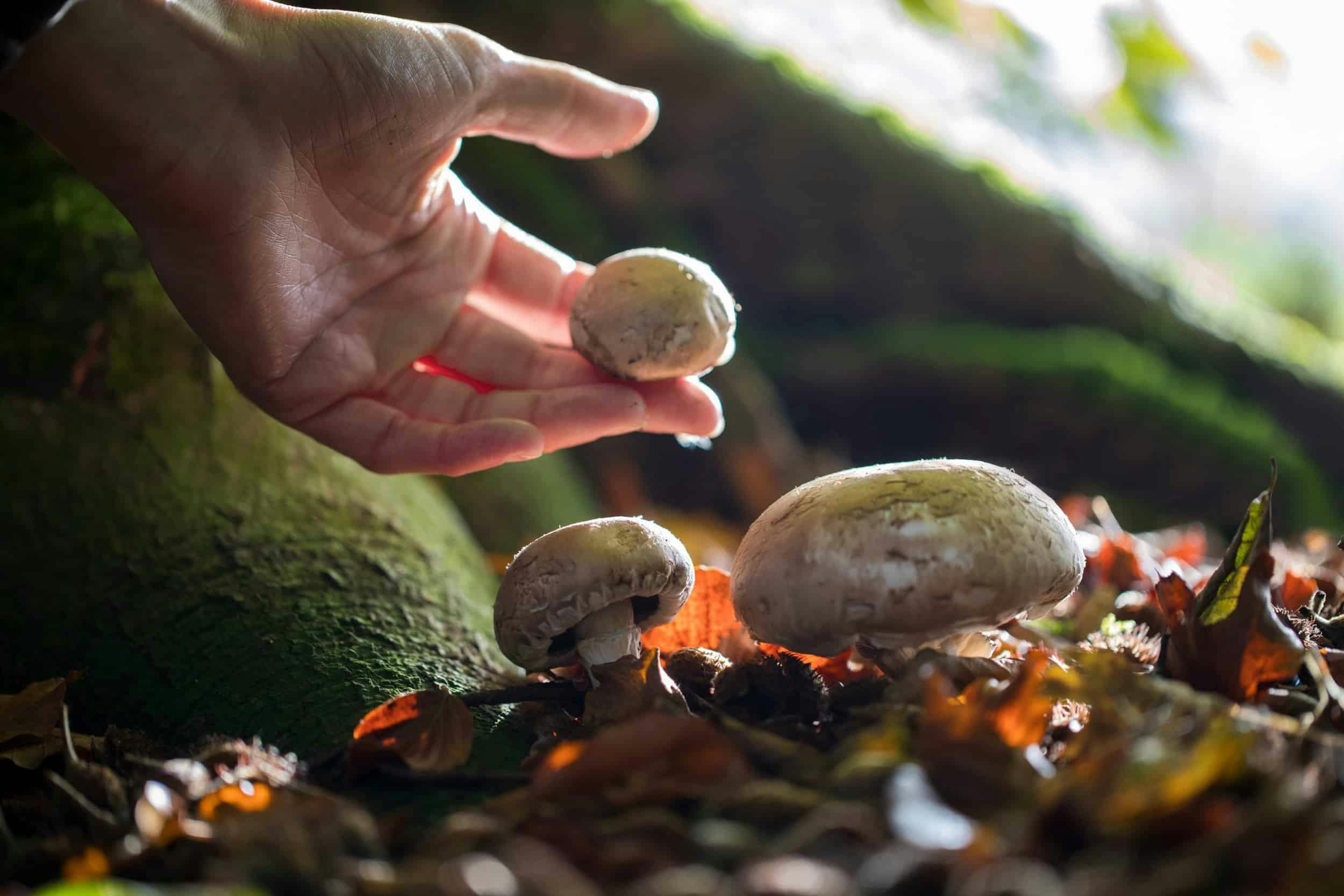
Mushrooms
These are often the first food people think of when they think of foraging, and for good reason: wild mushrooms are abundant in the UK. Autumn is the best time to pick them, and they are found in woodlands the length and breadth of Britain. Look out for beech, oak and birch trees - but novices should always seek advice from a professional before picking any mushroom. Lucky guests at Glenapp Castle in Scotland can take advantage of the on-site guide and chefs who will teach the basics of foraging and help them safely select produce which can then be cooked and served that day.
If unsure, always seek advice from a professional before picking and eating any mushroom.
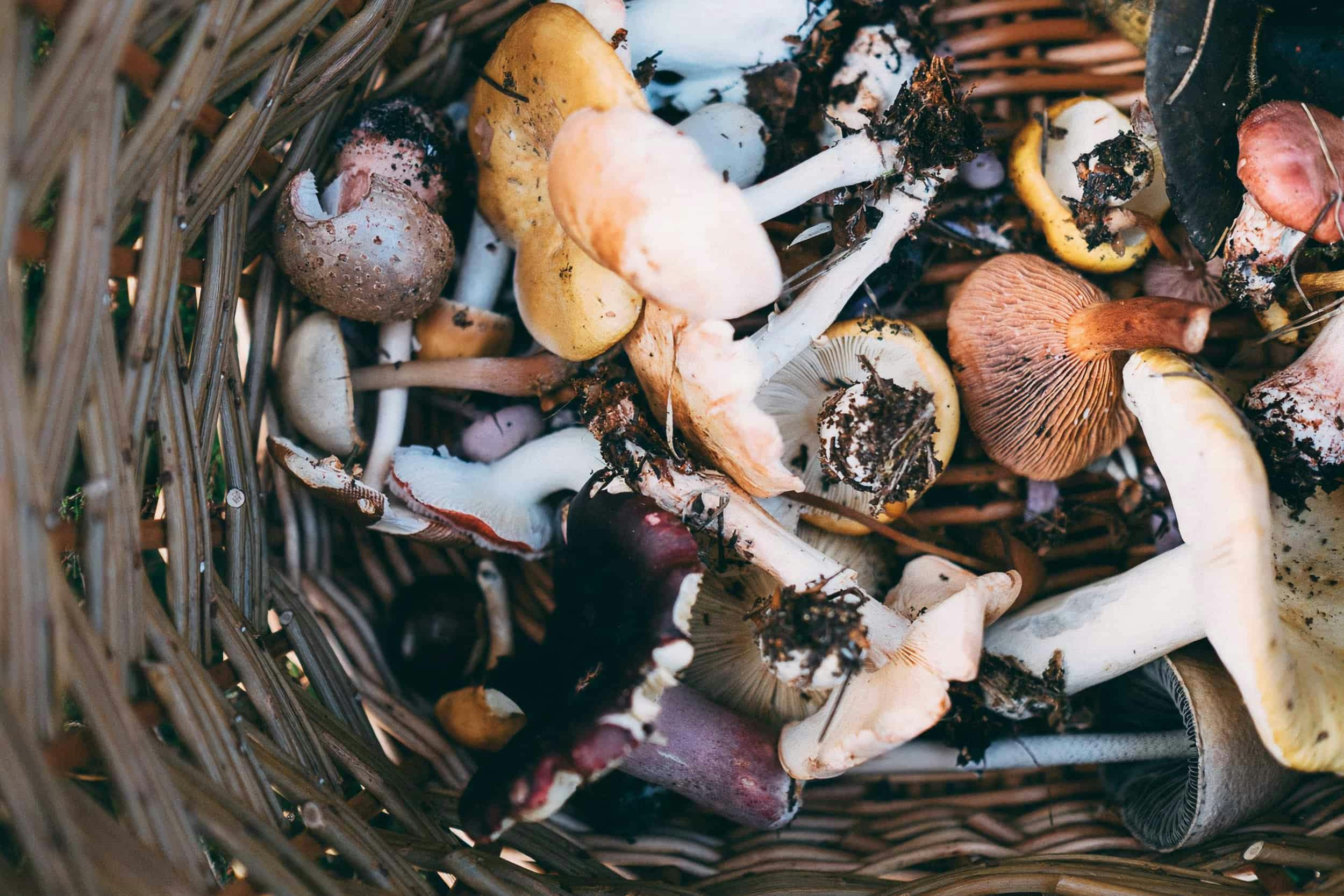
Related Content
More Stories
British Travel
Bloom Nation: The Ultimate Spring Gardens Trail Across the UK
5 March 2026
Take a spellbinding floral journey through Britain’s most beautiful gardens, from Sussex estates and Cornwall colour to Lake District landscapes and Highland escapes, paired with memorable stays at PoB hotels along the way
Now & Then
All Aboard for Adventure
27 February 2026
With special events and unique steam train experiences across the country, here’s our pick of the best vintage railway spots to transport yourself back in time – and the nearest PoB Hotel to rest your head after your unforgettable journey
British Travel
Wales: Wild, Windswept and Wonderful
23 February 2026
Our 2026 Wales travel guide spotlights the very best of this great nation, weaving together sea views, mountain roads and heritage stays
